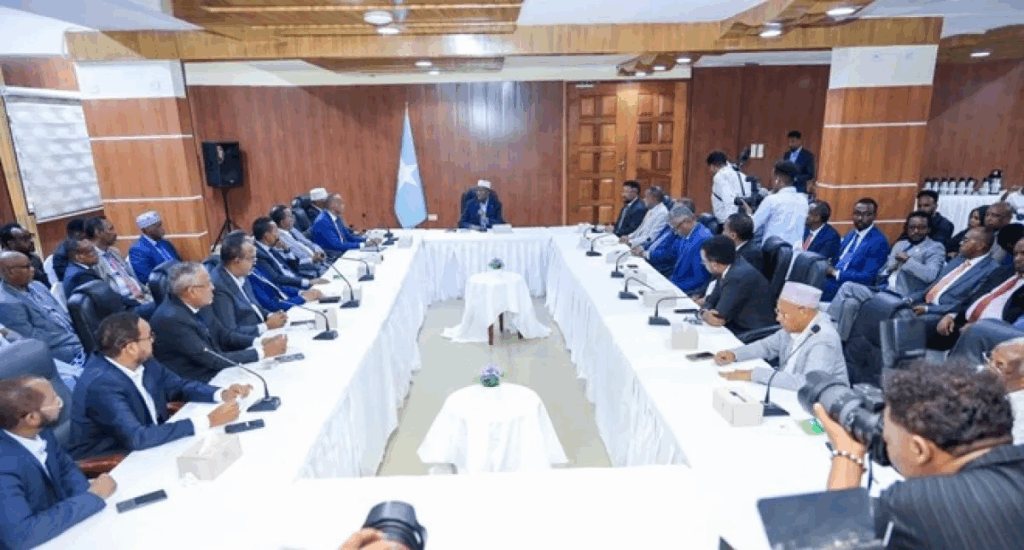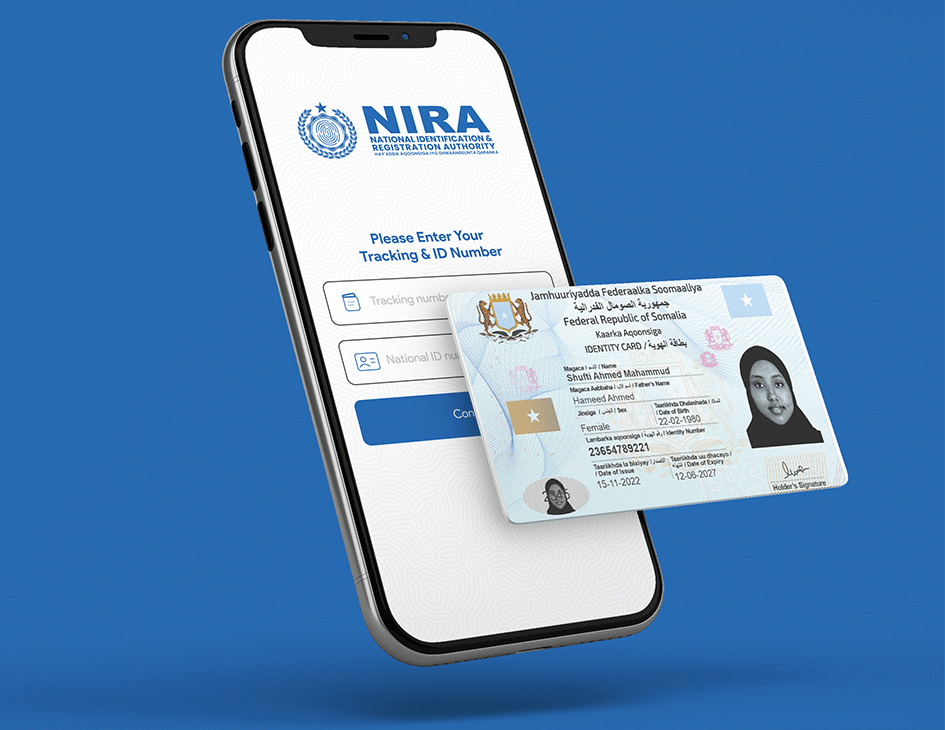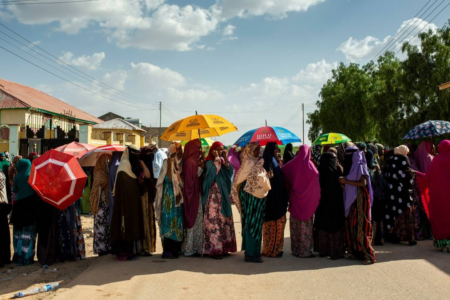Somalia is making remarkable strides toward establishing a national digital ID system — a game-changer that will enable millions of Somalis to access essential services and participate more fully in the nation’s economy.
Why a National Digital ID is Vital for Every Somali
Imagine living in a country where proving your identity is nearly impossible.
For years, that was the reality in Somalia.
Without formal ID, basic services like opening a bank account, receiving healthcare, or voting were out of reach for many.
But that’s changing. Since 2023, Somalia has been laying the foundation for a national digital ID system designed to provide every citizen with a legal, verifiable identity.
Unlocking opportunities and simplifying access to essential services.
Somalia’s Journey Toward a Digital Identity
For decades, Somalia lacked a unified identification system.
That changed in 2019, when the government committed to building a centralized national ID framework.
Key legislation was passed in 2023, paving the way for the launch of a modern ID system aligned with global standards.

Since then, the National Identification and Registration Authority (NIRA) has led the charge, focusing on:
- Legal groundwork: Establishing the laws needed to support the ID system.
- Technology infrastructure: Preparing the digital tools and platforms.
- Enrollment: Registering citizens across the country.
- Practical use: Ensuring IDs are functional and accepted across services.
NIRA also launched Hubiye and e-Aqoonsi — digital platforms that simplify identity verification and integrate public services.
Overcoming the Hurdles
Building a comprehensive National Digital ID system in Somalia comes with its share of challenges:
- Lack of public awareness: Decades without formal ID systems mean many citizens are unfamiliar with the concept or benefits of a digital ID.
- Security concerns: Ongoing conflict in some regions hampers registration efforts.
- Weak infrastructure: Inadequate roads and electricity make it difficult to set up and maintain registration centers.
- Missing documentation: Many people lack birth certificates or other key documents.
- Fragmented data: Government records are often siloed and not easily shared.
Despite these obstacles, NIRA is pushing forward with the ambitious goal of issuing 15 million digital IDs by the end of this year.

Bringing the ID to Every Corner of Somalia
To meet this target, NIRA is employing several smart tactics:
- Expanding access: Opening registration offices nationwide.
- Mobile outreach: Deploying teams to reach remote and underserved communities.
- Strategic partnerships: Collaborating with banks, telecoms, and government entities.
- Diaspora inclusion: Planning ID registration services at Somali embassies for citizens living abroad.
Support from global partners like the World Bank, Pakistan’s NADRA, UNDP, and the IOM has been vital — offering funding, technology, training, and technical assistance.
Does the National Digital ID System Solve the Problem of Birth Certificate?
One of the biggest barriers is the lack of birth certificates.
But NIRA has adapted — accepting alternative documents such as passports, school records, or any government-issued ID.
When no documents are available, trusted community witnesses can vouch for a person’s identity and citizenship.
Looking Ahead: A Digitally Connected Somalia
NIRA’s mission isn’t just about IDs — it’s about inclusion.
The goal is to create a digital identity ecosystem where every Somali, regardless of location, can access vital services — whether from the government, private companies, or humanitarian organizations.
Efforts are also underway to modernize civil registration (like births and deaths) and improve overall digital infrastructure.
Somalia’s National Digital Transformation Plan reflects this commitment to building secure, accessible digital services for all.
With every new ID issued, Somalia moves closer to a future where no one is left behind.
What are your thoughts on Somalia’s journey toward a national digital ID system?








